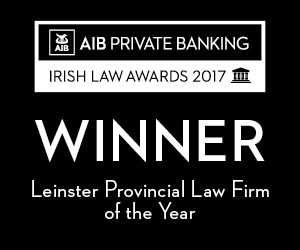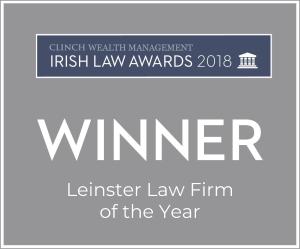A Power of Attorney is a legal mechanism by which a person (known as a ‘the Donor’) allows another specifically nominated person (known as ‘the Attorney’) take actions on their behalf in accordance with the terms of the instrument. There are two types, a General/Ordinary Power of Attorney and an Enduring Power of Attorney.
A General/Ordinary Power of Attorney gives the Attorney specific or general powers to deal with the Donor’s property, business or financial affairs. A General/Ordinary Power of Attorney ceases when the Donor becomes mentally incapacitated or at the Donors request. They are usually used in circumstance where the Donor expects to be out of the country or unavailable for a period and requires the Attorney to carry certain functions on his/her behalf.
By contrast an Enduring Power of Attorney only comes into effect once the Donor becomes mentally incapacitated. It gives the attorney the ability to deal with the property, business and financial affairs of the Donor and to take ‘personal care’ decisions on behalf on the Donor in circumstances where he/she has become mentally incapacitated. However, it is open to the donor to exclude any of these powers, when they are having the Enduring Power of Attorney drafted.
Given the extensive and far reaching powers an Enduring Power of Attorney bestows on the Attorney, it is subject to much stricter controls and safeguards than an General/Ordinary Power of Attorney.
- An Enduring power of Attorney can only be set up where a solicitor is satisfied that it is not being set up due to any fraud or undue pressure. A solicitor is not required in the making of a General Power of Attorney.
- An Enduring Power of Attorney only comes into effect when the original document has been registered in the office of the High Court. A General/Ordinary Power of Attorney comes into effect immediately and does not have to be registered.
- The Attorney of a General/Ordinary Power of Attorney can retire at any time. In an Enduring Power of Attorney, the Attorney can only retire with the consent of the Court.
- The Donor can revoke a General/Ordinary Power of Attorney at any time. Once registered an Enduring Power of Attorney can only be revoked by an order of the Court.
- Relatives do not have to be informed of the making of a General/Ordinary Power of Attorney, whereas the do have to be notified of the making of an Enduring Power of Attorney.
For information on Enduring Powers of Attorney or indeed any aspect of law regarding Wills or Probate, please do not hesitate to contact Hanahoe and Hanahoe solicitors on 045 897784 or at info@hanahoeandhanahoe.com.
This article is merely for information purposes and is not and should not be taken as legal advice. If you have any queries in relation to this or any other of wills or Probate Law, you should consult with a solicitor who specialises in Wills and Probate. No solicitor/client relationship or duty of care or liability of any nature exists between you and Hanahoe and Hanahoe solicitors, until you receive written confirmation that we are acting as solicitors on your behalf.


